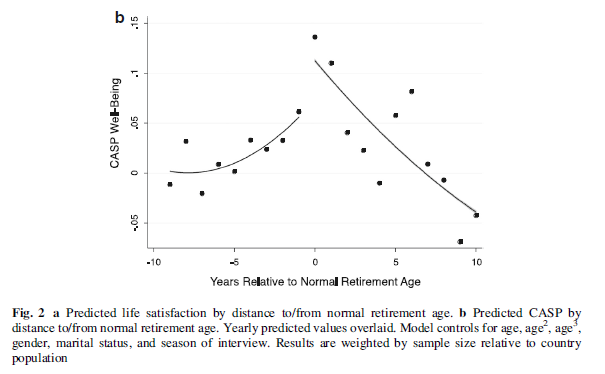daylatedollarshort
Give me a museum and I'll fill it. (Picasso) Give me a forum ...
- Joined
- Feb 19, 2013
- Messages
- 9,358
I personally have now done 6 cycles of this Fasting Mimicking Diet over the last year with rather profound measurable effects, including some mental.
Interesting. I just read Dr. Longo's book. Did you buy the fasting food from the company he is affiliated with or do it on your own?

